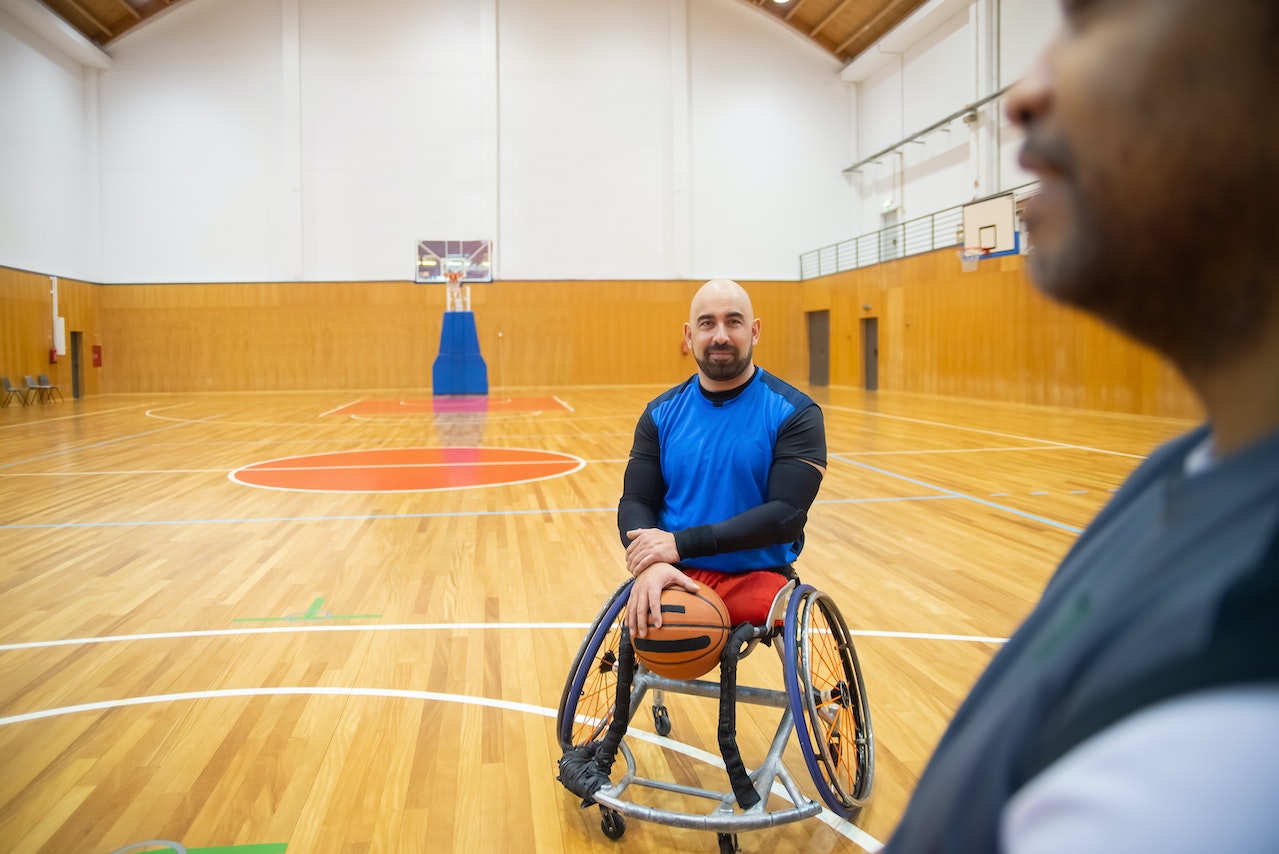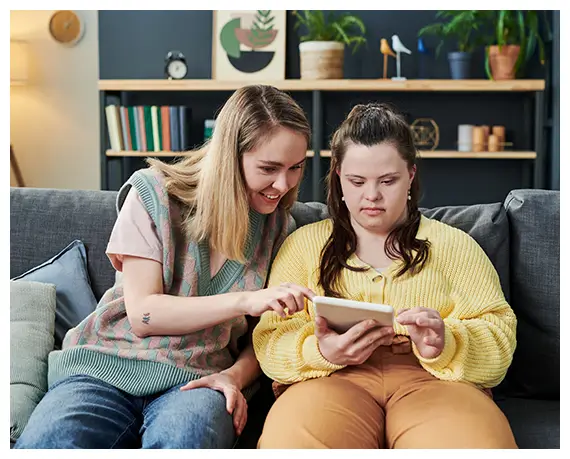Disability is not a disease or contagious. Therefore, we must teach young members of our families disability etiquette when interacting with disabled individuals. Knowing these etiquette tips can ensure that you and your children are kind, friendly, and respectful toward people with disabilities. Moreover, they can also help you learn ways to interact with disabled people without feeling intimidated or awkward. It is vital to understand that people with mental or physical disabilities (temporary or permanent) have to feel and should be treated the same way as normal people.
Here’s a quick overview of the top five etiquette tips to interact with people with disabilities:
1. Look for Commonalities
One of the best ways and disability etiquette is to find commonalities and not pinpoint differences. Remember that common ground provides a perfect base to start a friendship. Moreover, it will make the other person comfortable too. So, when you interact with a disabled individual, talk about something that both of you have in common.
For example, if you and another person with a disability meet on the basketball court, focus on the commonality, such as basketball. Start the conversation with basketball. Then, you can find out how they enjoy the sport despite the odds.

2. Never Victimize
Another great tip when interacting with disabled individuals is encouraging and motivating them instead of victimizing them. Repeatedly referring to their disability can take away from them the ability and strength they have built to deal with the challenge life has thrown at them. Therefore, it’s crucial to refer to individuals with disabilities as survivors, warriors, or fighters, not victims.
3. Fix Posture
The height difference between you and someone in a wheelchair can result in unsaid feelings of inferiority. It can sabotage their confidence and self-esteem. Hence, good etiquettes are to stand or sit at eye level with individuals with disabilities.
4. Ask if They Need Help Before You Provide It
That’s right; asking to help someone with a disability rather than helping them directly is a confidence booster. If you help directly, it may make them feel as if you think they are incapable of doing their work. It can offend them and lower their confidence.
5. Ensure Eye-Contact
Avoiding eye contact with disabled people can give away wrong messages. It may make them feel you’re ignoring them, even if you’re not doing it intentionally. Maintaining eye contact with a person with a disability is vital to acknowledge their existence and boost their self-esteem.
It holds especially for people with disabilities who have worked hard to embrace an independent lifestyle. Therefore, it’s always good to ask if you’re disabled friend needs help. If they do, go ahead and help them out. But if they don’t, let them try. Just believe in them. It can make a world of difference in their lives.
So, practice these tips when interacting with people with disabilities. It will make them feel good and valued. If you have a family member with a disability who wants to pursue an independent lifestyle, get in touch with us. We offer plenty of services to empower disabled individuals.





